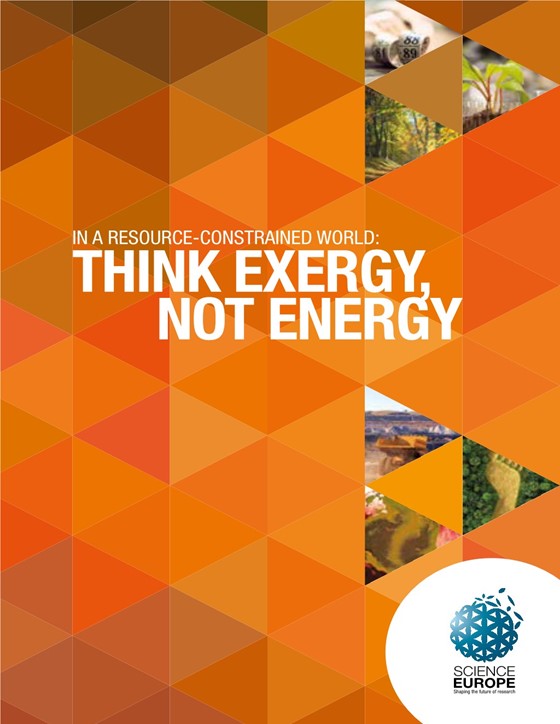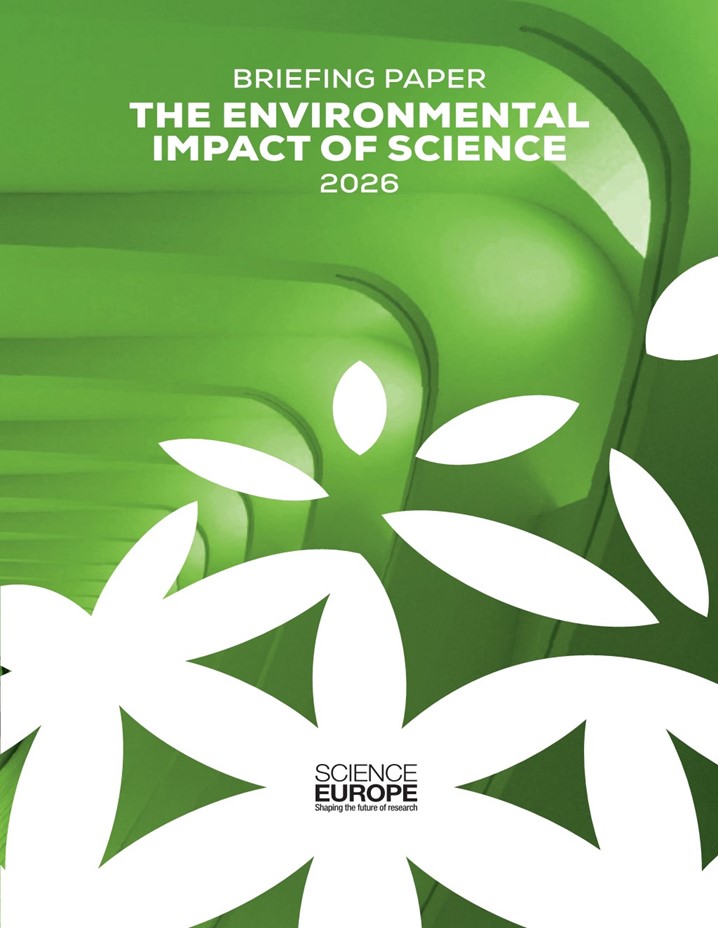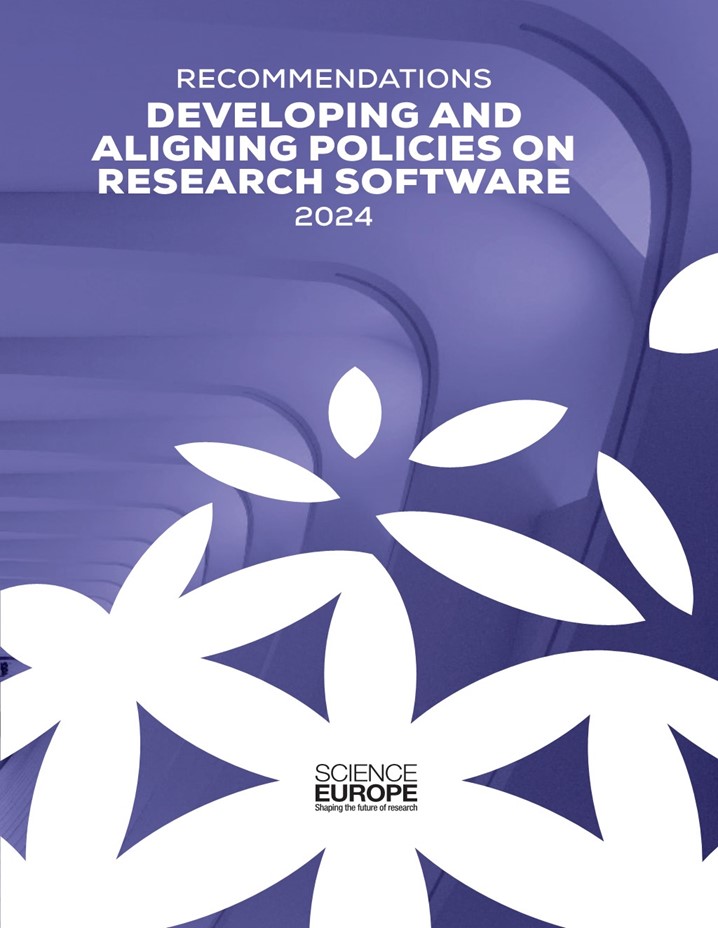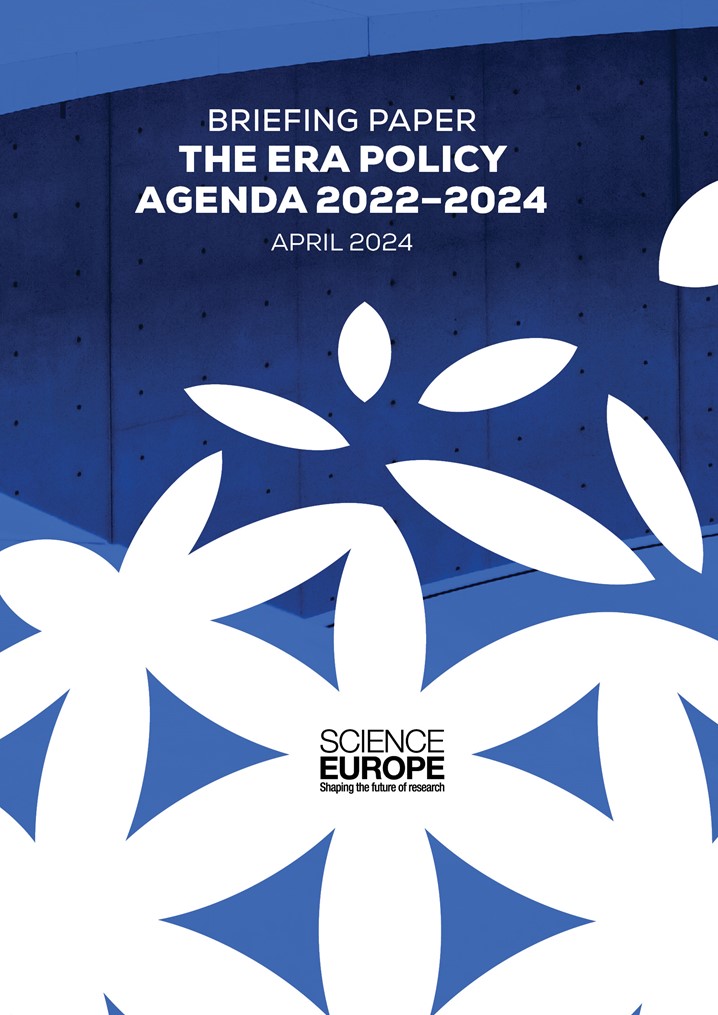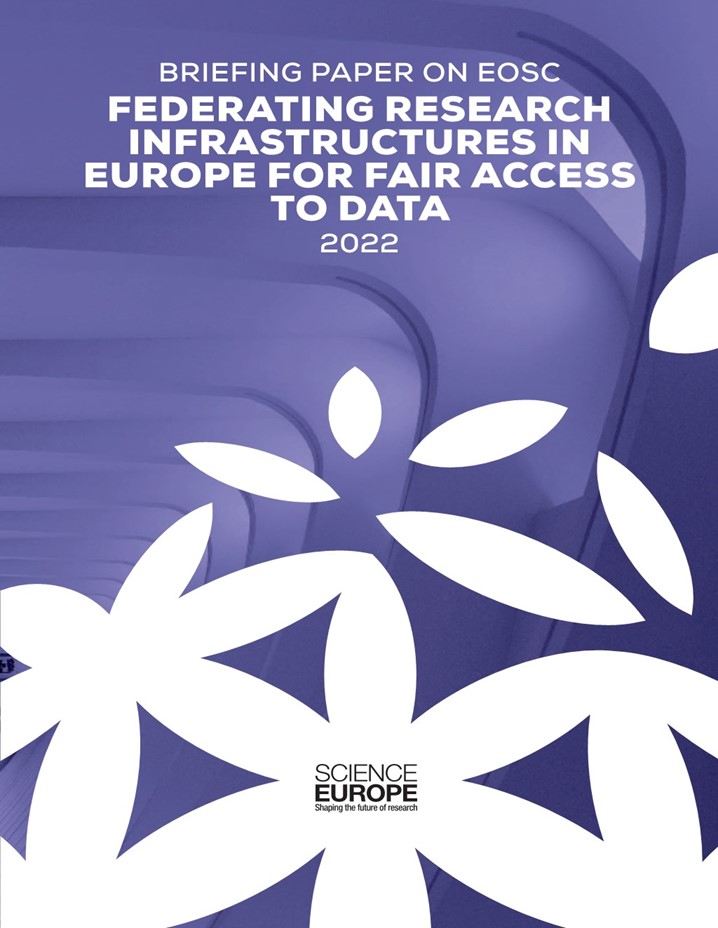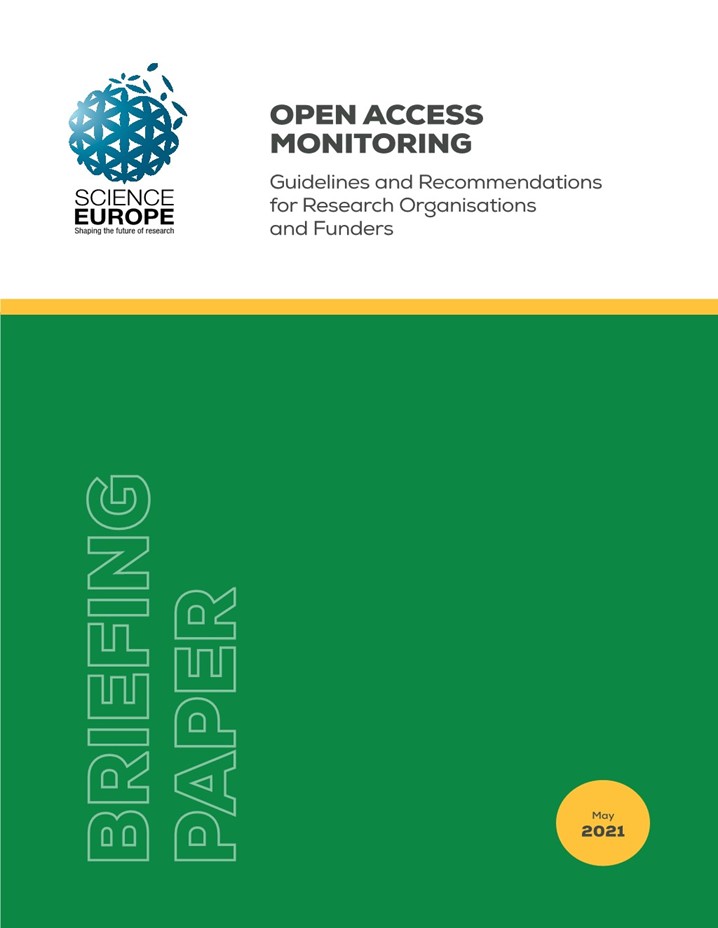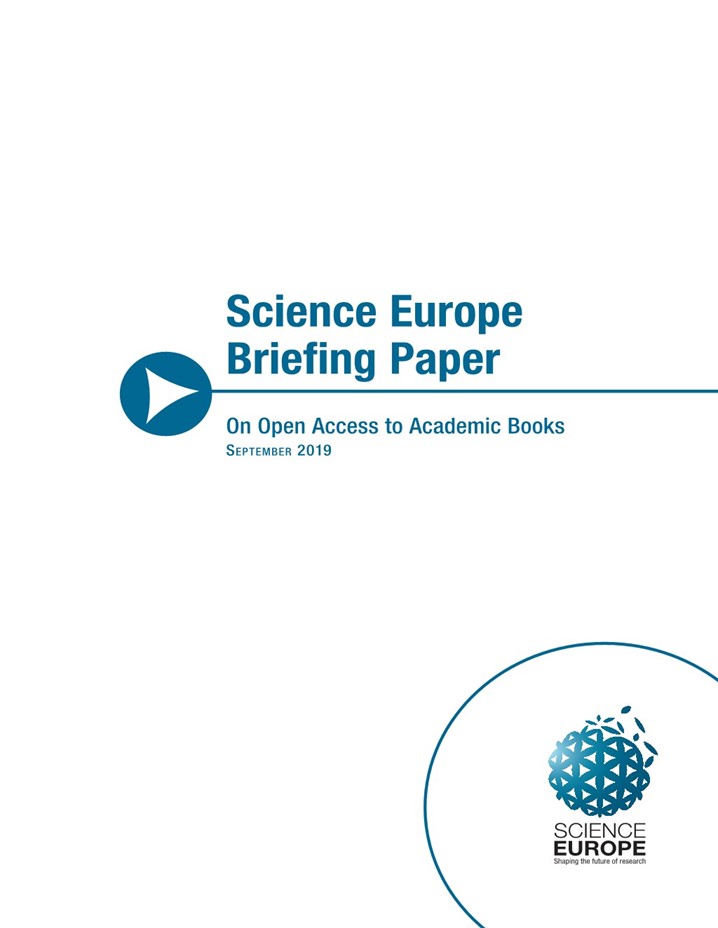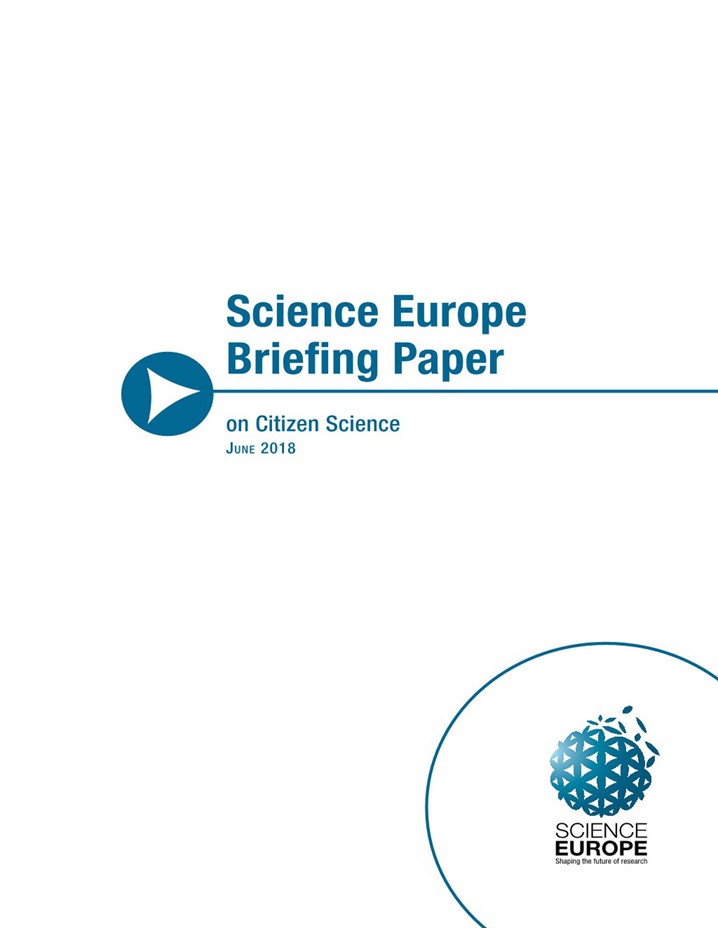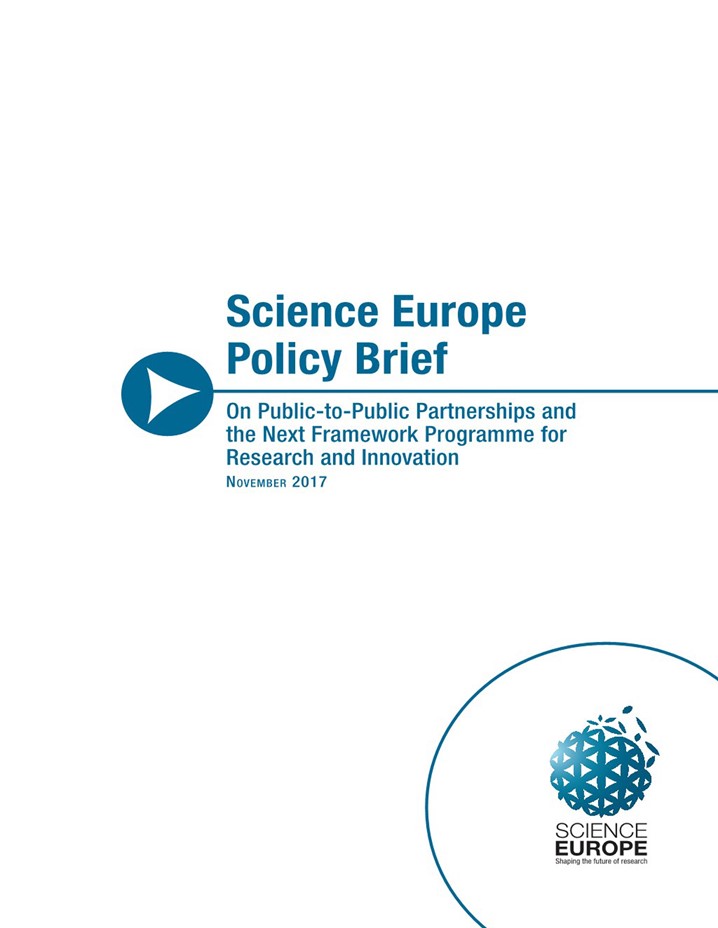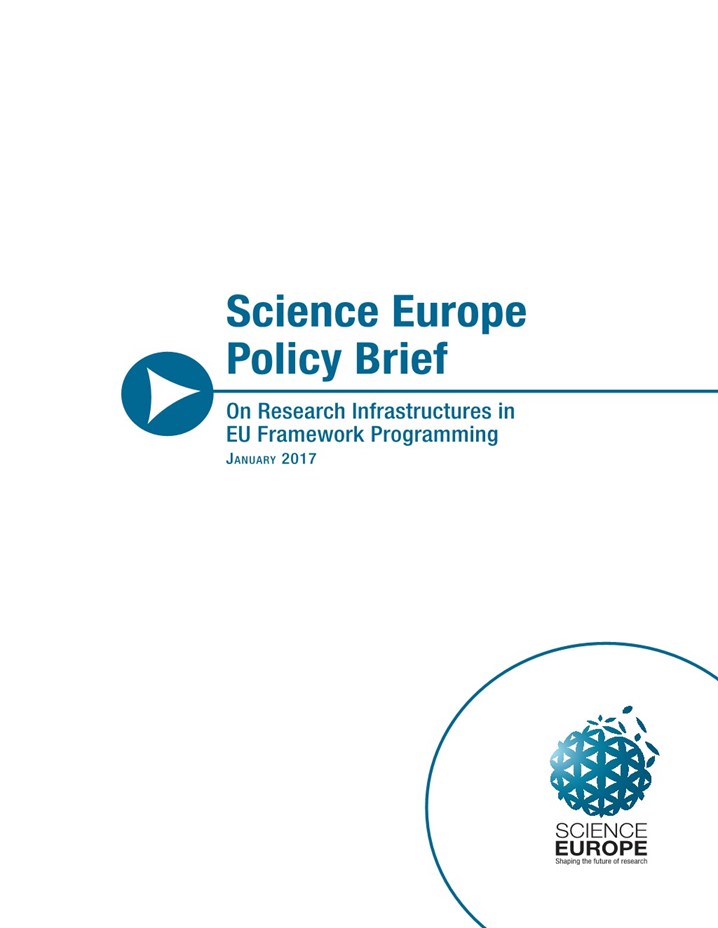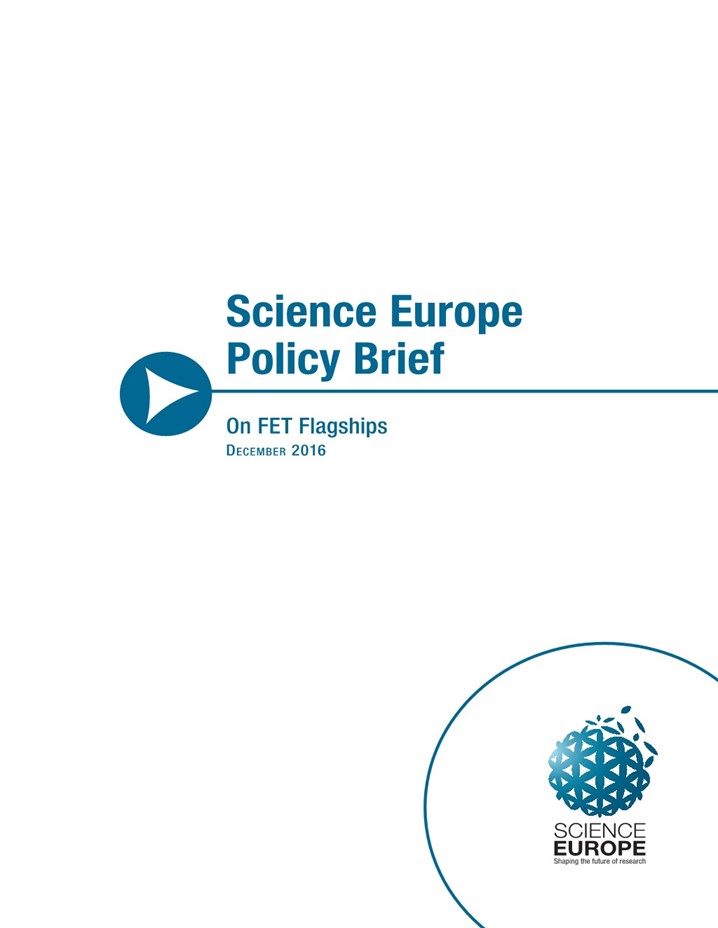Member-only content is available on this page. Please log in to view this content.
- Download
-
Share on
In a Resource-constrained World: Think Exergy, not Energy
When we think about energy, we consider it in terms of quantity. However, in a resource-constrained world, energy and in particular its efficiency, must also be appreciated from the point of view of quality, which is its ability to do work. In order to include the quality and not just the quantity of energy, we need to measure ‘exergy’. This brochure introduces the concept of exergy and provides examples of its application.
Download resourceRelated content
The Environmental Impact of Science
This evidence-informed briefing provides background information on the environmental impact and explains why it requires serious attention: not only from an environmental perspective, but also in light of other wider organisational and societal positive co-benefits that research organisations can realise by strengthening their efforts on environmental sustainability.
Developing and Aligning Policies on Research Software: Recommendations for RFOs and RPOs
This document highlights research software as an emerging element of open science policies and practices and provides recommendations for research funding and research performing organisations on developing and aligning related policies.
Briefing on the ERA Policy Agenda
This briefing on the ERA Policy Agenda presents actions and advocacy points from Science Europe on the ERA Actions that it contributes to.
Briefing Paper on EOSC: Federating Research Infrastructures in Europe for Fair Access to Data
One of the most prominent initiatives in the digital and open transition of research is EOSC. This federation of existing research data infrastructures in Europe aims to create a web of FAIR data and related services for research
Briefing Paper on Open Access Monitoring
This briefing paper aims to support decision makers at research organisations and research funders to develop new monitoring exercises or assess and improve existing processes to measure the Open Access status of publications.
Briefing Paper on Open Access to Academic Books
So far, much of the focus of the transition towards Open Access has been on scholarly and scientific articles. However, a significant number of disciplines, notably – but not only – within the Social Sciences, the Arts, and the Humanities produce and heavily use books. This briefing paper identifies the key issues at stake in implementing a policy of Open Access to academic books, and outlines recommendations for different stakeholder groups to facilitate and accelerate such a policy.
Briefing Paper on Citizen Science
Citizen science is a growing movement that enlists the public in scientific discovery, monitoring, and experimentation across a wide range of disciplines. This briefing paper looks in detail at the evolution of citizen science and citizen science policy, provides examples of initiatives from around the world, and considers the future of the activity.
Policy Brief on Public-to-Public Partnerships and the Next Framework Programme for Research and Innovation
A more strategic approach is needed to the co-ordination between regional, national, and European research activities and to the initiatives supporting them. This briefing presents policy makers with the Science Europe view on how to better organise regional, national, and European research efforts.
Policy Brief on Research Infrastructures in EU Framework Programming
Research Infrastructures (RIs) are of utmost importance for Europe’s global competitiveness and this paper puts forward the case of how the focus on RIs in Horizon 2020 should be enhanced.
Policy Brief on FET Flagships
This briefing is a contribution to the evaluation and development of Future and Emerging Technologies (FET) Flagships under Horizon 2020. It highlights lessons learned about the added value and limitations of the current FET Flagships and provides recommendations for the development of the FET Flagship instrument.

